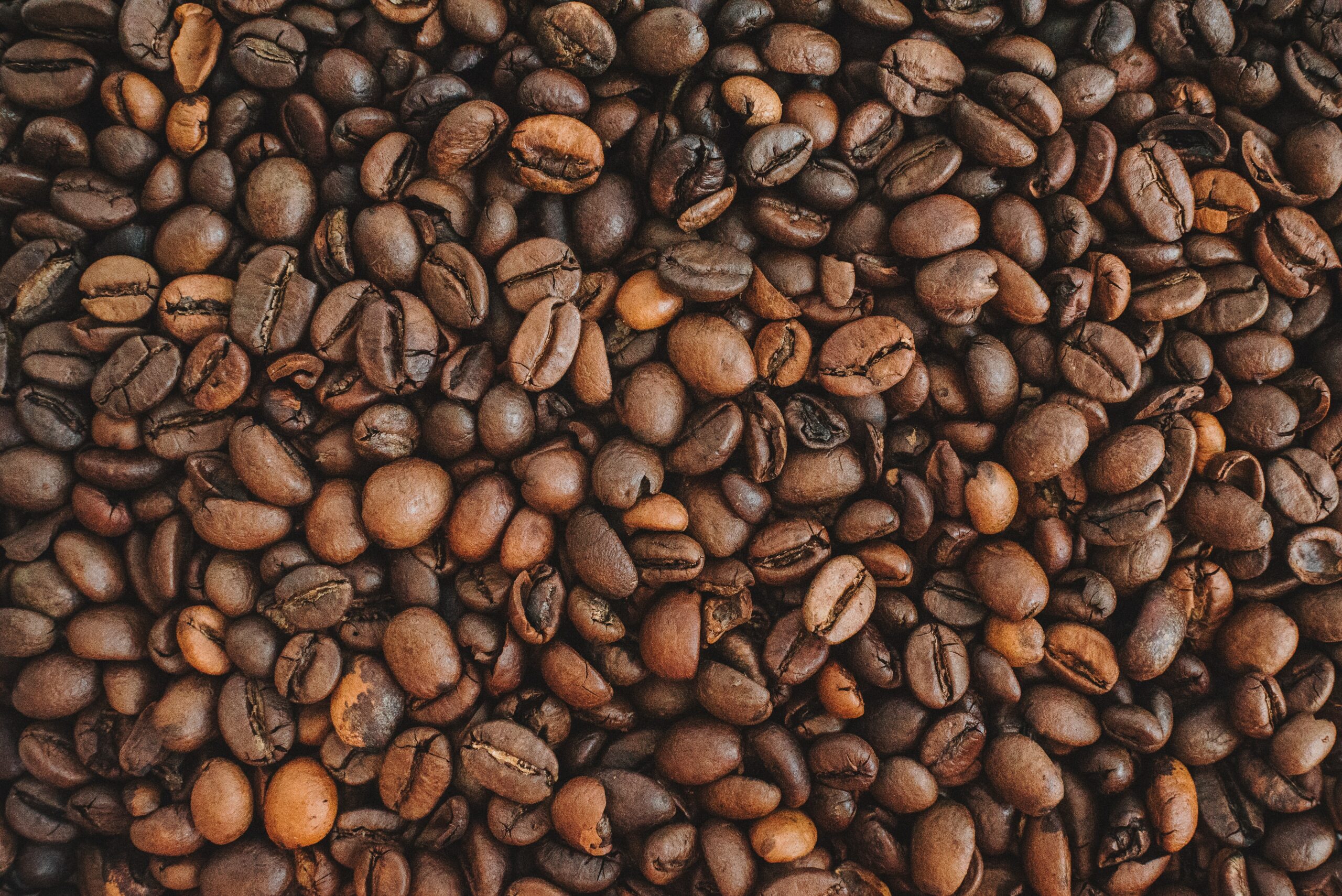Major agricultural sector takes hit
Coffee farmers in Brazil are defaulting on contracts for a second straight year, causing chaos in the industry despite projections for a better yield next year.
This is a result of producers failing to deliver on pre-agreed sales and exposing trade houses to losses.
The defaults, reported by the country’s domestic media and global business wires, though less common than the pandemic lockdowns, have upturned the coffee market, leaving traders reluctant to agree to future sales.
The bean that turned
The defaults started to surface last year after a series of price upheavals due to drastic frost that marred the harvest.
This year’s harvest was smaller than expected, with analysts cutting estimates by nearly 4 million bags as trees have taken longer to recover from 2021’s frosts and drought. Coffee prices in August and September traded between $2.17 and $2.21 per pound, over 70% higher than two years ago.
The surge in prices gave Brazilian farmers an opening to default on contracts so they could sell beans on the spot market, earning a higher price that outweighs any liability for a default.
Several major exporters such as Sucafina, Olam, Louis Dreyfus and Cofco, as well as co-ops including the country’s leading exporter Cooxupe, are legally battling farmers for compensation over contract defaults, according to Reuters.
Troubles brew on world markets
Forward selling by producers and exporters from Brazil will cause an inevitable tremor in the market. Advance sales help reduce market fluctuations because they allow farmers to sell throughout the year, not just during harvest.
Traders who buy coffee a year or two in advance usually hedge purchases by taking short futures positions. When futures rise, they take a loss on that position, but can offset it with a similar rally in physical coffee prices.
However, when farmers default, traders do not have the physical coffee to sell to offset the futures market. Instead, traders cover short positions by buying more futures, magnifying wild swings in the market.
Break in the froth
The irony of this situation is that Brazil’s coffee crop next season (2023/24) is predicted to be back to its relative best.
The market could grow by as much as 10% after positive weather in recent months allowed for a healthy flowering and good conditions for fruit development, experts said.
The analysts HedgePoint project the current Brazilian crop, which has already been harvested, at 60.2 million 60-kg bags. Next year’s crop, it said, would probably lead to a surplus in the global coffee supply balance.
Our take
Experts said rains in Brazilian coffee areas reached the average volume for the period, with some regions at levels above average. In short, the future is aromatic and full flavoured.
With the country being the world’s largest producer and exporter, where it goes, others follow. Hence the realisation that the current woes in coffee markets should rectify themselves in the near future.
